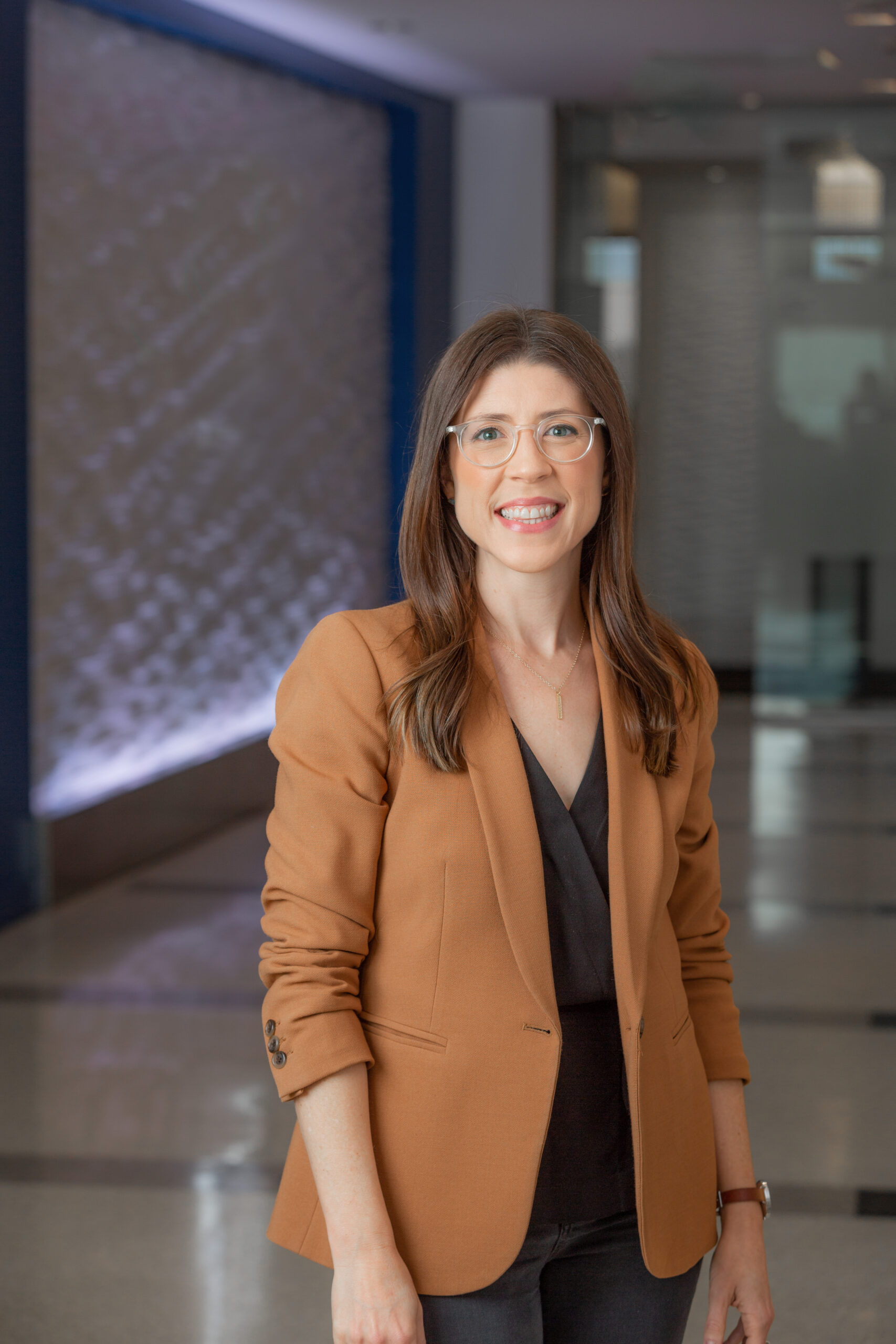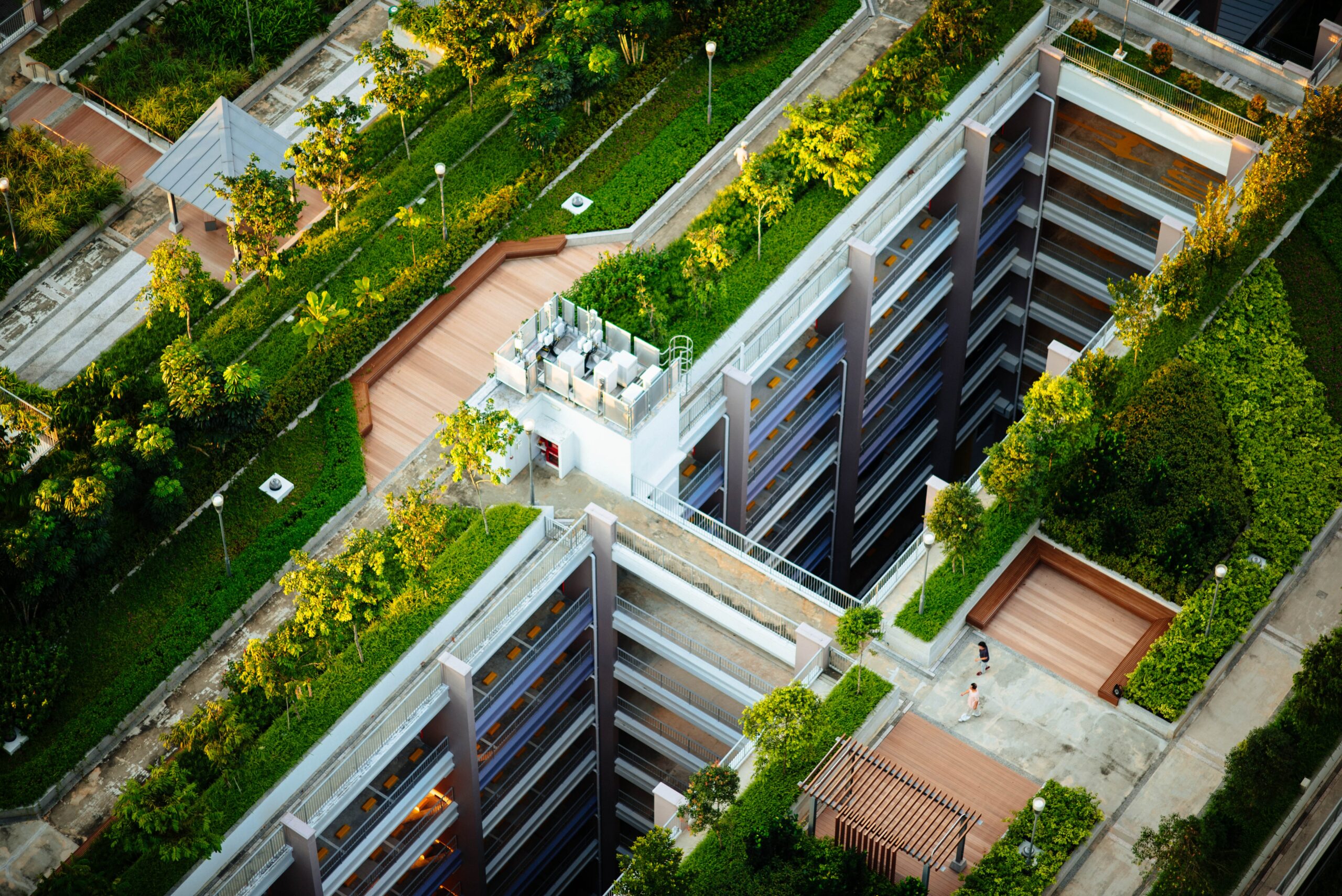Here it goes: The real estate industry is one of the top industries to blame for climate change and its mounting toll worldwide.
No matter your political bent or views on climate change, in the real estate business, the environment is about to become much more important to your bottom line.

The conclusion here about climate change isn’t a conspiracy theory or an attempt to shame developers. Rather, it is the consensus of more than 2,000 top real estate minds across North America expressed in the 2022 version of the Emerging Trends in Real Estate report.
Published annually by the Urban Land Institute (“ULI”) and PricewaterhouseCoopers, Emerging Trends is a comprehensive forecast for the real estate market and offers predictions about the forces experts say will drive development in the year ahead.
This latest report details COVID-19’s impacts on remote work and living arrangements, how cities are evolving, technology’s influence on the real estate market, and the financial implications of everything from job and income growth to interest rates and inflation.
The one trend that sticks out is the report’s finding that 82 percent of its more than 2,000 respondents consider environmental, social, and governance (“ESG”) elements when making operational or investment decisions. For the record, those surveyed include private property owners, developers, real estate advisors and asset managers, private equity investors, lenders, REITs, and PropTech firms.
Further, the report states that human-induced climate change is contributing to the increasing frequency of natural disasters and that the property sector bears much of the responsibility for causing it. Says the report: “the annual number of natural disasters more than doubled from 1980 to 2016 and has only increased since then.” It goes on to cite the Intergovernmental Panel on Climate Change (IPCC) which reports “…conditions on the ground and in the air will continue to deteriorate even if drastic measures are taken immediately. But postponing action will only worsen the impacts.”
Consequently, Emerging Trends says the real estate community must have an equally outsized role in addressing climate change—if not for purely altruistic reasons, then at least to curtail weather-related events’ destructive effects on properties themselves.
Construction activity accounts for nearly 40 percent of global greenhouse gas emissions, according to a report by the World Business Council for Sustainable Development (WBCSD). More than 65 percent of those emissions occur during the assembly phase itself (fuel consumption, solid waste generation, machine wear, noise pollution, and worker safety) compared to the transportation of materials themselves, material storage, and production of cast-in-place structural connections, according to a 2020 study released in the International Journal of Environmental Research and Public Health.
The key takeaway for developers is not that they should feel bad for building. As an architect, I have seen developers shift over the last 10 years toward delivering much more sustainability-minded projects using best practices in green design to save water and electricity and improve indoor air quality and user comfort.
Some development firms are committed to pursuing USGBC LEED or IWBI WELL Building certification because they think it’s the right thing to do — and because their tenants are interested in occupying sustainable buildings. Skeptics see USGBC, IWBI, and other accreditation agencies as hucksters trying to make a buck by offering a piece of paper or a plaque on the wall.
The important part for developers to remember is that no matter your personal views on the subject, environmental policies are going to be key to making deals happen going forward.
This month, CBRE’s 2021 Global Investor Intentions Survey reported that 60 percent of respondents have already adopted ESG criteria as part of their investment strategies.
This publication has written recently about ESG policies in the context of diversity and corporate citizenship. As important as those topics are, sustainability is the proverbial third leg of the stool that motivates organizations of all sizes and areas of focus.
What does ESG mean for developers? As always, follow the money.
Looking to finance your next project? As part of their risk mitigation strategies, institutional investors are looking for developer clients who are aware of their impact on the built environment and beyond. Without a demonstrably strong environmental statement, your pitch could be passed over, no matter how rock-solid your pro forma may be.
Searching for tenants to occupy your brand-new Class A office asset? Firms with strong ESG policies may be obligated by Board of Directors-level imperatives to lease space in a LEED or WELL-certified building.
Scouting talent for your tech startup? Millennials and Gen-Z professionals are watching which companies are focused on their environmental impacts and may opt to join one firm over another based on how they talk about their role in addressing climate change.
In some cases, cities like Baltimore are even withholding Certificates of Occupancy for buildings that do not meet certain building performance thresholds or achieve green certifications.
Ultimately, ESG policies are only as good as the behaviors they support. Firms that offer words without action are easily dismissed as “greenwashing,” a form of marketing spin.
For the first time, the U.S. Treasury Department’s Financial Stability Oversight Council has identified climate change as a threat to the nation’s financial position. To that end, among several recommendations, the regulatory body has asked member institutions to “enhance climate-related disclosures to give investors and market participants the information they need to make informed decisions, which will also help regulators and financial institutions assess and manage climate-related risks.”
The Urban Land Institute has long championed best practices in development and served as a pragmatic and level-headed voice for the real estate community. ULI has highlighted climate change’s impact on real estate for at least the last decade, even dedicating its own Urban Resilience program to help developers and communities deal with our evolving biosphere. I appreciate that they are consistently raising this issue because it is something we have to acknowledge in each of our roles within the development cycle — regardless of one’s personal feelings on the matter.
The environment will hit you in the pocketbook if you don’t take it seriously.
My advice? Follow the money.
Courtney Richardson is a senior associate and project designer at BOKA Powell.





